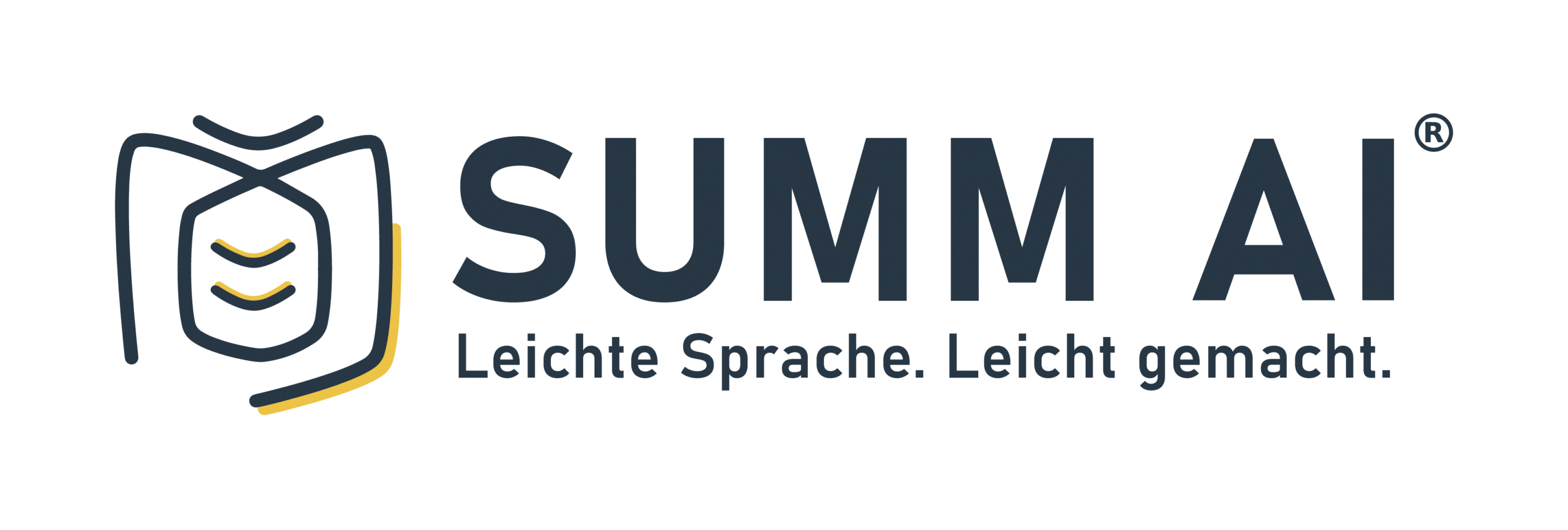Accelerating innovation
We believe angel investments are the real "smart money". With the unique expertise and network angel investors contribute, a startup can get an "unfair advantage" in the market. Ideally, this has a much more long-term effect than the relatively small share of equity, which often is only a few weeks or months of runway.
An angel journey with a startup is a matter of 5-10 years. To ensure a good match in such a relationship, we have defined for ourselves an investment guideline. This also can help startups to check whether they are ready for a pre-seed round. Startups should have a complete founder team, an MVP and ideally first insights from customers and revenues.
Beyond investing, we advise a few startups, either directly or via an incubator program.
Focus and stage
We support founders who innovate in one or more of the following areas:
- Digital: Infrastructure and products that disrupt how processes are run today.
- Impact: Solutions that help reduce or avoid our footprint on the environment or address current topics in education and talent.
Beyond this, we consider exceptional ideas where the team's skillset and personalities are a great match with our experience and mindset and we can really make a difference.
We invest primarily at the pre-seed stage, typically with other business angels.
Portfolio
Discovery and evaluation of startup teams and innovation → Digitize and de-bias early-stage investment processeses.
Universal SaaS tool-kit for structured data capture → Digitize healthcare and other industries in a streamlined way.
Order management platform for wholesale and restaurants → Digitize order and inventory management, reduce food waste.
Digital teaching platform for STEM / MINT subjects → Better education by minimizing cancelled lessons in German schools.
Investment criteria
We evaluate startups using a few qualitative but rigorous criteria, including the following keywords and questions that are collected in a scorecard with around 20 Likert-scale scores:
- Team: a. Founder experience; b. Industry knowledge; c. Complete, complementary skills; >1 founder; d. How much can we help?
- Product: a. Relevance / purpose; b. Pain point / problem; c. Solution / innovation; d. USP / differentiation / moat / protection
- Market: a. Relevant market size; b. Competitive landscape / Porter's 5 forces; c. Potential 5y horizon
- Market readiness + traction: a. MVP / implementation; b. Business model / unit economics; c. Go-to-market / pipeline; d. True revenue / traction
- Financial + Legal: a. Financial actuals and planning; b. Potential to break even (growth/burn-rate opt.); c. Valuation / ticket in scope; d. Legal framework + co-investors
Generally, team and product are our most important factors, aside from the potential from our own skills and network.
As we look for projects in pre-seed and potentially seed stages, we expect some progress on the implementation of the product (MVP, pilot) and some market feedback, ideally first product revenues.
Preseed canvas
As investment decisions often are qualitative, we are experimenting with tools that allow us to view qualitative decision factors and their relations efficiently. For this, we drafted a "Preseed Canvas" that adapts some ideas from the Business Model Canvas and Lean Canvas.
Problem
Why?
What is the problem addressed? Why is this important for customers? Do we align with the purpose?
Solution
What?
What's new? Why now?
What is the solution? Is it new and can it move the needle? Why is now good timing?
Product Progress
How much proven?
Implementation status? What validation of Product Market Fit exists? Ability to execute?
Value Propositions
Why buy?
Unique?
What are the main benefits for customers? USPs and differentiators? Optional: High-level concept: "The A for B."
Go-to-Market
How sold?
How are customers reached and retained? Partners and multipliers? Network effects?
Sales Traction
How much sold?
Sales pipeline and conversion? Reasons for customers to (not) buy? Current and target unit economics?
Customers
For whom?
Target customer segments and user/buyer personas? How well do we know their needs?
Team + Support
Who?
Who supports?
Skills and proven experience in the founder team? Openness to coaching? Optional: Who co-invests, advises, offers access?
Market + Competition
How big?
Who else?
What is the size and growth of the market (TAM, SAM, SOM)? Competitive landscape and market dynamics (P5F)?
Existing Solutions
What if not?
Optional: How is the problem addressed today?
Defensibility
How to stay ahead?
Optional: Is there a moat and how can market advantage be defended? What unfair advantage exists?
Early adopters
Proven with whom?
Optional: Pilot users, product validation?
More: Interactive web app | Technical note | Technical note on AI extension







